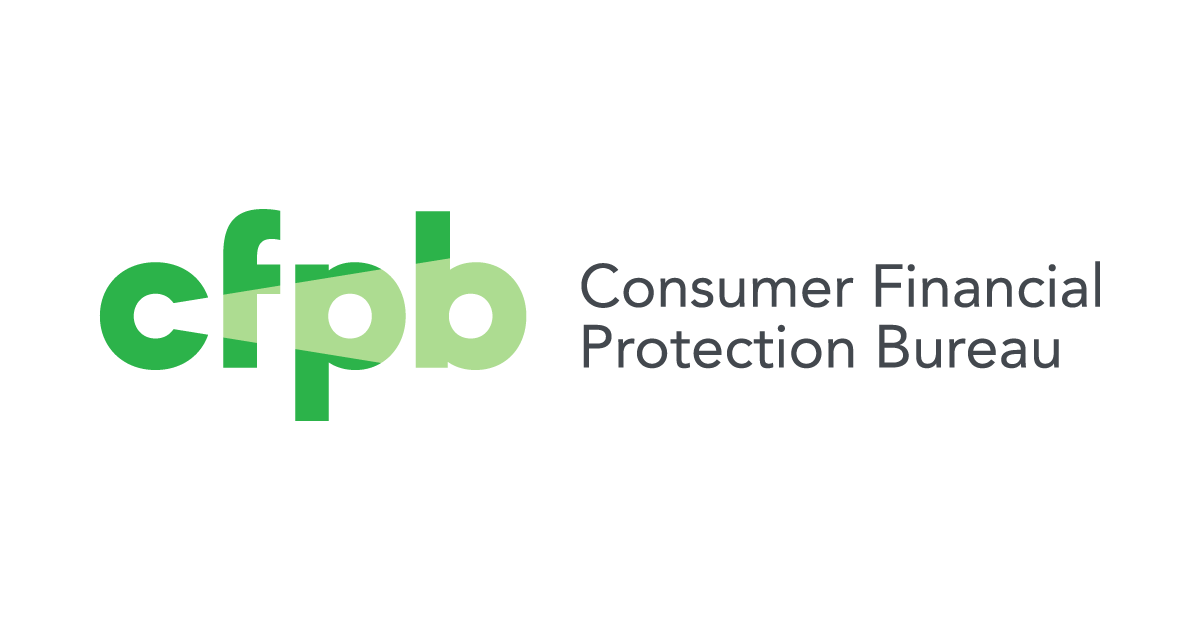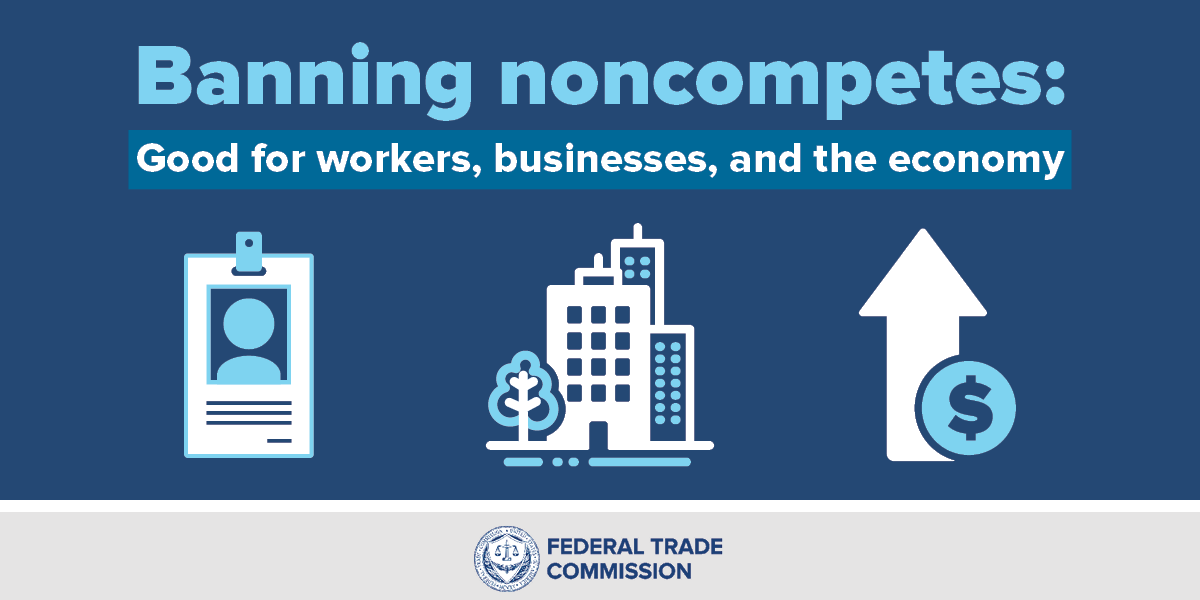Report Highlights Good Practices for Employers to Boost Employees’ Financial Well-being
WASHINGTON, D.C. — Today the Consumer Financial Protection Bureau (CFPB) published a report to promote financial wellness in the workplace. The report contains case studies that are designed to educate employers about practices that can improve employees’ financial health and increase worker productivity.
“Financial wellness at work is increasingly important both to employers and to employees,” said CFPB Director Richard Cordray. “A financially capable workforce is a more satisfied and engaged workforce that is also more productive. Today’s report showcases some examples of how employers are helping consumers develop the skills they need to navigate a complicated financial marketplace.”
Research has shown that, particularly since the recession, financial distress is widespread among the American workforce. This distress can have a significant, negative impact on employees’ work. Financial distress decreases employees’ productivity, increases their absenteeism, and may even undermine their health. Companies can use financial wellness programs to reduce that distress and support an employee’s overall financial health. These programs should educate employees to help them plan out their life goals and make responsible financial decisions to meet these goals.
Because of the importance of employees’ financial health, the CFPB is publishing this report on promising practices to promote financial wellness in the workplace. The CFPB reviewed research on financial wellness programs and on the delivery of financial education in the workplace. The Bureau also engaged with executives in the private sector, nonprofit leaders, and financial education practitioners to solicit feedback. Through this process, the Bureau found that many businesses believe financial wellness programs generate greater engagement, loyalty and productivity. Some of the practices that best support financial wellness include:
- Begin at orientation: When employees are new to a company, they are generally more open to change. As a result, this can be a good time to work on financial wellness priorities as new employees are focused on making important decisions about tax withholding, retirement savings, and employer-offered health insurance. Successful programs that begin at employee onboarding can include financial education workshops and individual financial coaching.
- Peer-to-peer support: Coworkers can help each other develop better financial habits. Work teams that go through financial wellness training together end up supporting each other and creating a more collaborative environment. As employees form small teams, they often encourage each other, and that peer support may help individuals adopt and sustain sound financial habits.
Today’s “Financial Wellness at Work” report can be found at: consumerfinance.gov/reports/financial-wellness-at-work
Official news published at https://www.consumerfinance.gov/about-us/newsroom/cfpb-publishes-report-to-promote-financial-wellness-in-the-workplace/
Images courtesy of PixaBay




